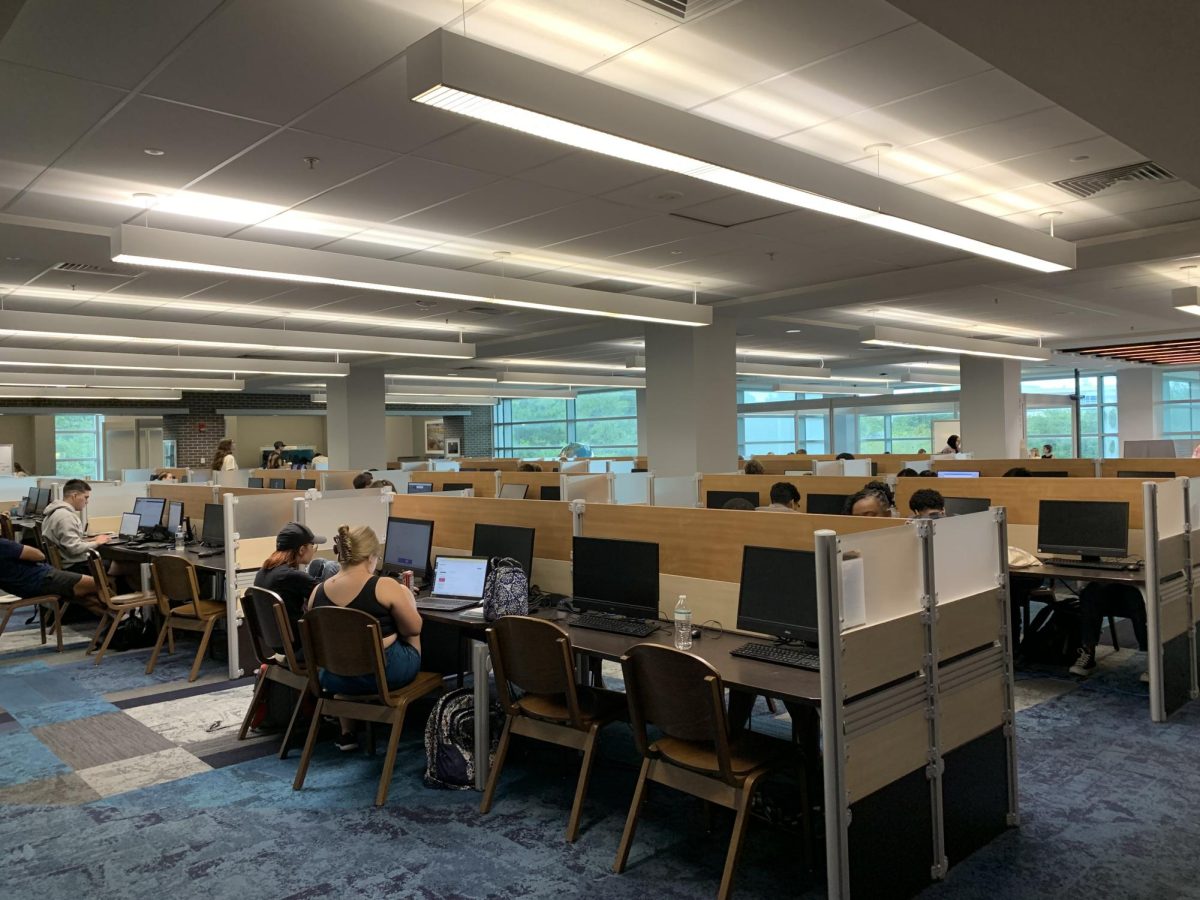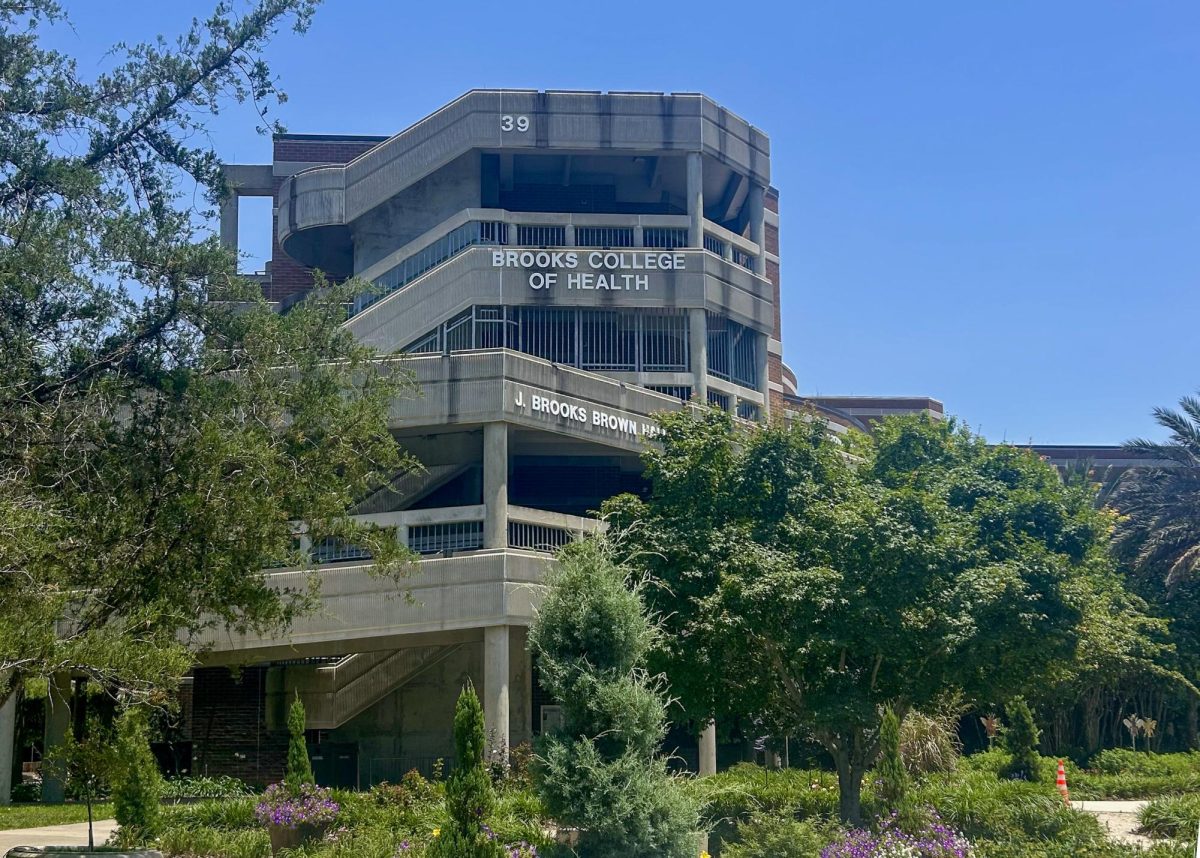Brace yourselves Ospreys, because where you attend college could have a huge impact on how much money you will earn.
According to the U.S. Department of Education’s official scorecard for the University of North Florida, the median earnings for students 10 years after entering school who received federal financial aid are $43,200.
Median earnings 10 years after entering school
| University of North Florida | $43,200 |
| Florida State College at Jacksonville | $31,900 |
| Jacksonville University | $50,500 |
| Edward Waters College | $25,900 |
| Flagler College | $38,900 |
A study conducted by consulting firm Korn Ferry shows that nationally, 2018 college graduates will earn on average $50,390 annually. The study also shows that the region of the country in which you live and the profession you choose will also be deciding factors in how much you will likely earn.
“Sometimes it’s unfair to compare salaries because of the regions that people are in. Somebody working in Naples is going to make a lot more money than somebody working in Gainesville because Naples is very expensive,” Rick Roberts, Director of Career Services at UNF said.

According to statistics from the Florida Department of Economic Opportunity, the state of Florida had an average annual wage of $48,452 in 2017.
Florida average annual wages 2017
| Counties in Jax metro area | Average annual wage in 2017 |
| Baker | $33,244 |
| Clay | $38,122 |
| Duval | $51,805 |
| Nassau | $39,531 |
| St. John’s | $43,395 |
Potential employers are not always explicit in the skills they seek when recruiting students who are anxious to enter the job market.
Roberts said that based on years of surveying, the National Association of Colleges and Employers came up with basic areas of skills employers look for when they’re hiring graduates. These are called career readiness competencies.
To avoid costly mistakes leading to setbacks, Roberts said that students should live by the four year plan for undergraduate students.
Freshmen should speak to a career counselor promptly to begin the career planning process. In addition, identify strengths and weaknesses and develop interpersonal skills through relationships by attending campus events.
Sophomores should meet with their career counselor for guidance in helping them stay on track. Joining student organizations is recommended to market oneself and network. Also, research potential internship positions and visit the on-campus Career Nest often.
Juniors can register for SLS 3408 Employability Skills and Career Success to earn three credit hours. It is also recommended to compile a job reference list and begin resume writing before attending job fairs.
Seniors should remember to meet with their career counselor to develop or narrow their job search. Resumes should be in final form, communication skills should be impeccable and they should learn as much about the companies for which they wish to work as those companies will undoubtedly learn about them.
—
For more information or news tips, or if you see an error in this story or have any compliments or concerns, contact editor@unfspinnaker.com.















